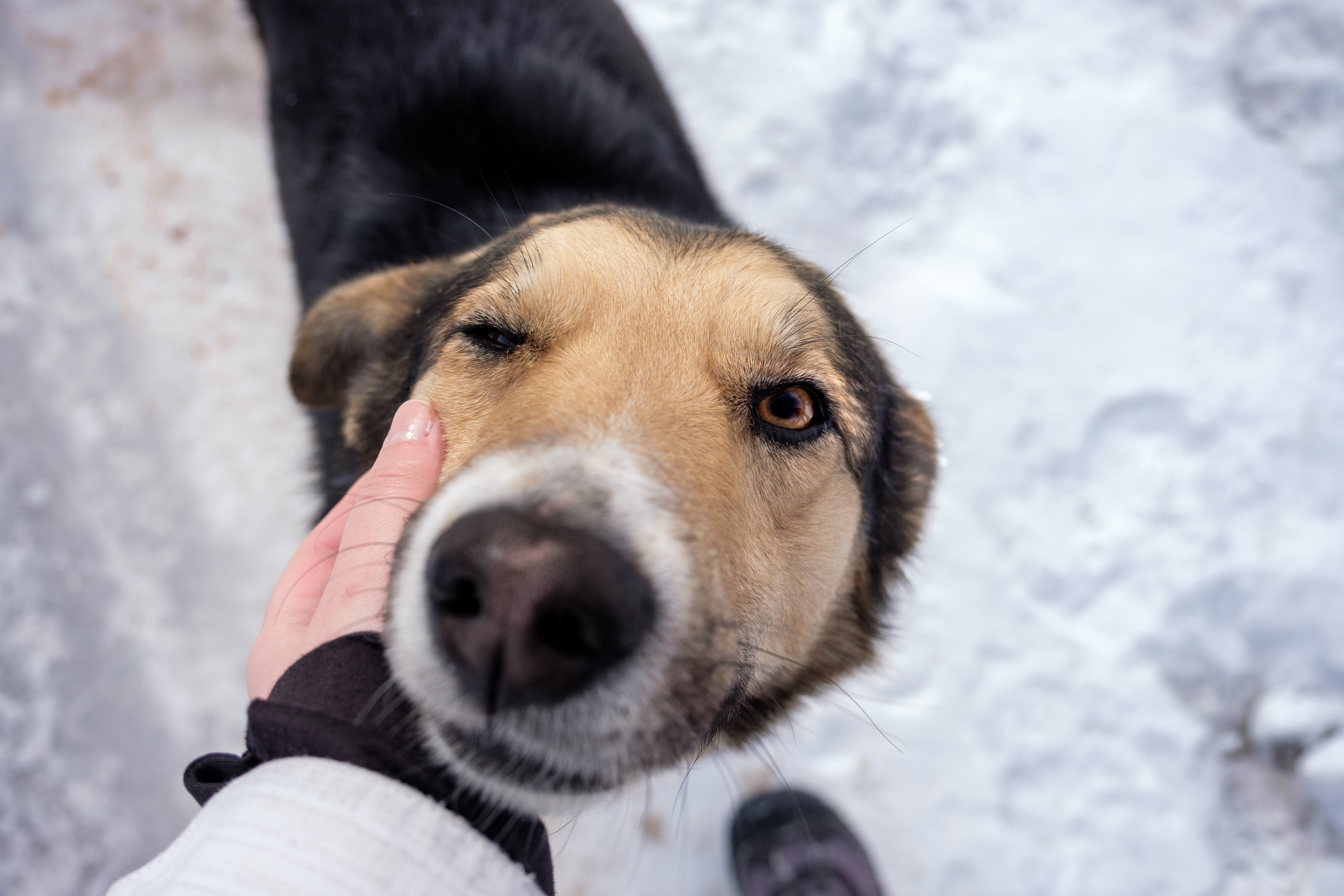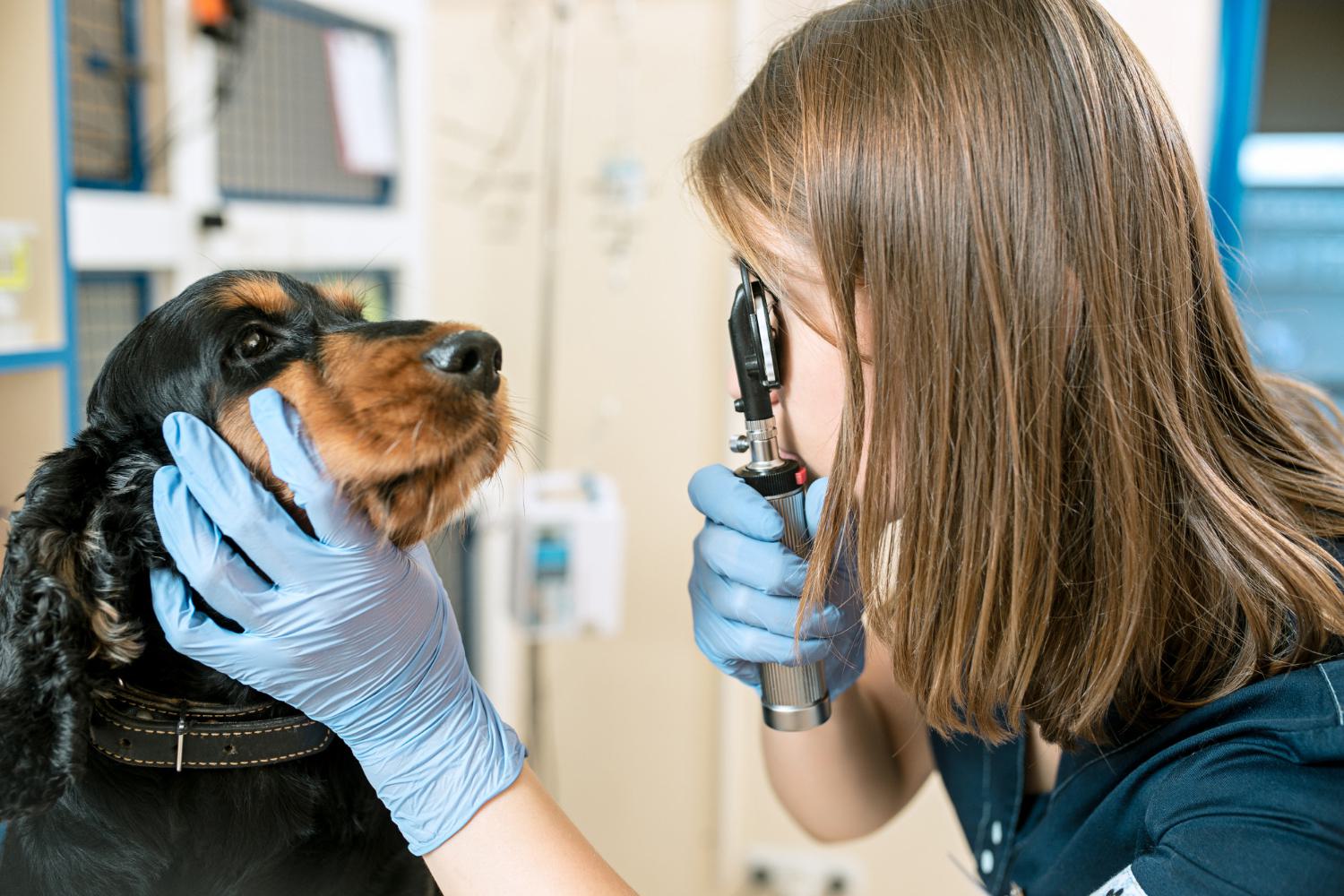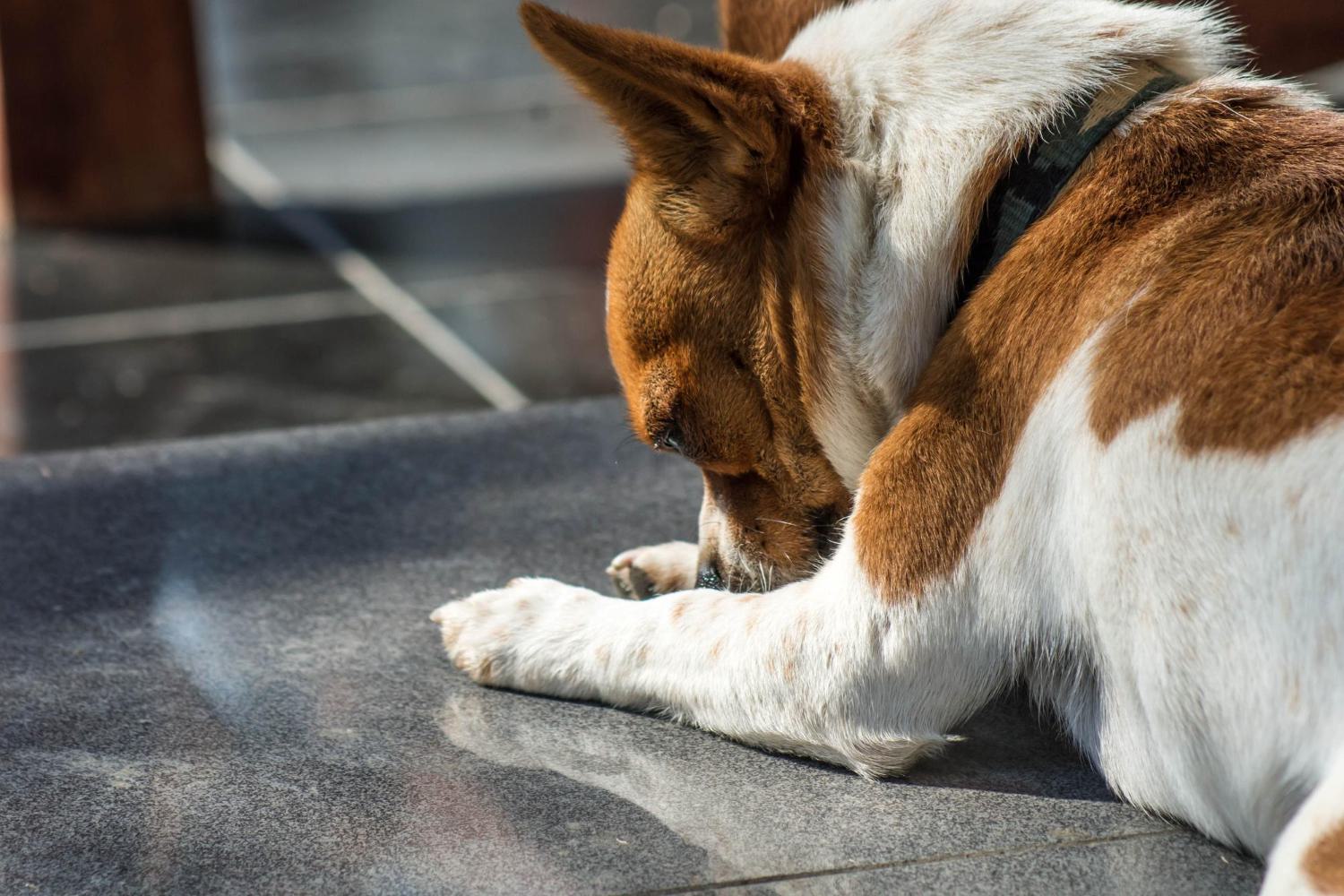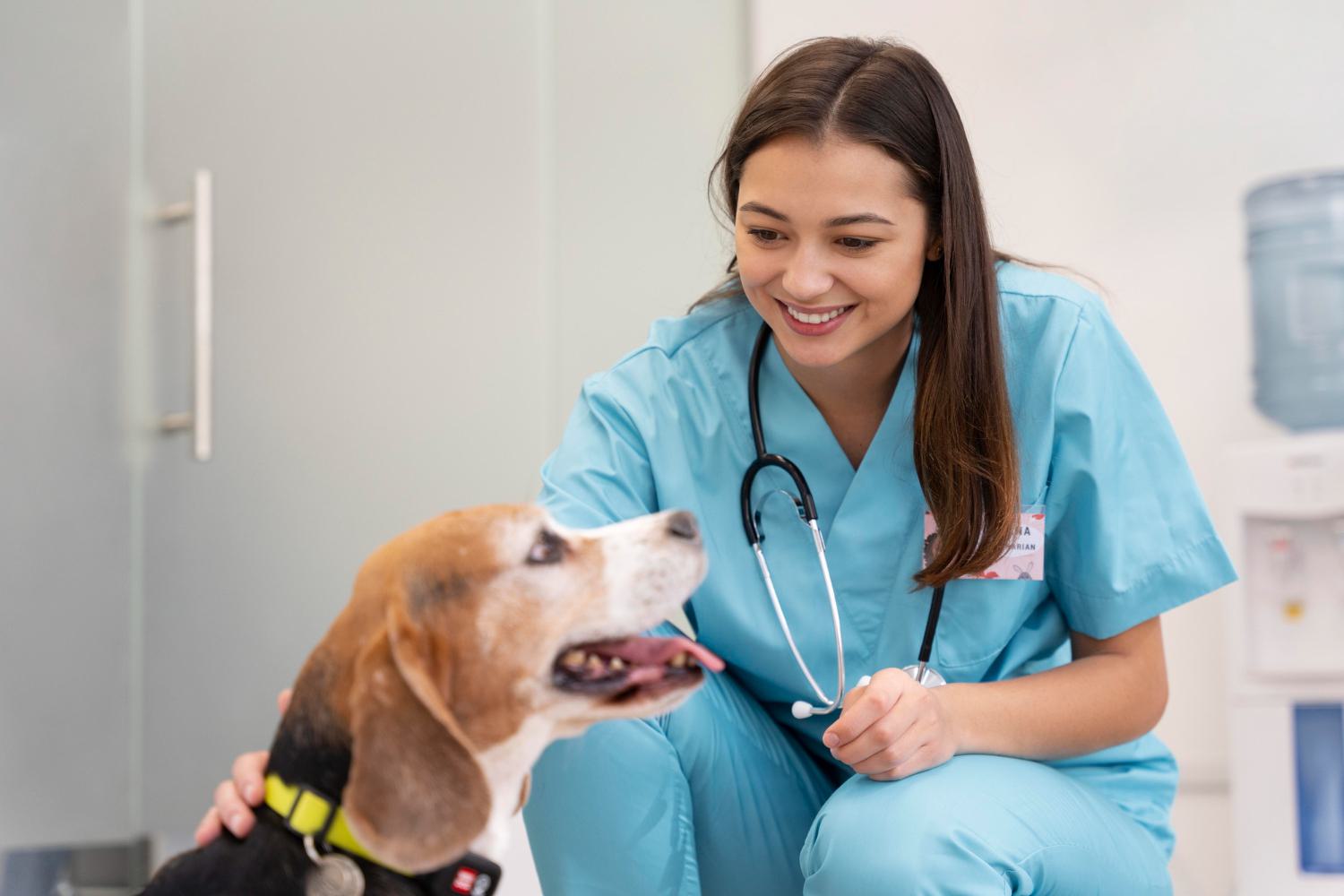Dog Eye Swollen: Causes and How to Treat It

By Evelyn Harcourt
november 19, 2024 - 1 min read
Seeing your dog with a swollen eye can be alarming, especially if they seem bothered by it. You’ll want to know what you can do right away and whether your dog should see a vet.
This article discusses what can cause a dog’s eye to swell, what treatment consists of, and when a vet should be consulted.
What Are the Common Causes of Swollen Eyes in Dogs?
It’s not always going to be immediately obvious why your dog’s eye has become swollen, and sometimes, there won’t be a trigger you can pinpoint. Let’s look at some of the most likely culprits:
Infections
Bacterial, viral, or fungal infections can all lead to swelling. Dogs may be affected in one or both eyes, and you might notice discharge, squinting, and redness. Some dogs will have additional signs, such as a runny nose and cough.
Allergies
Environmental allergies are common and usually present in the first few years of life. Triggers include dust mites, grass, and pollen. You may notice your dog is very itchy, so rubs and scratches at their eyes. They may also be experiencing a runny nose and itchy skin,
Foreign Objects
Dirt, debris, or objects like thorns and grass awns can lodge in the eye. Generally, just one eye will be affected. Signs come on rapidly, and your dog may squint their eyes closed and have a profusely watery discharge.
Injury or Trauma
Events including scratches, bites, or blunt force trauma can cause swelling. You may also notice signs such as bruising, bleeding, or bloodshot eyes. Any sort of trauma to the face or head is worth consulting a vet over in case of internal damage.
Conjunctivitis (Pink Eye)
This inflammation of the eye’s lining causes it to become more prominent and red in colour. It is often infectious in dogs, though it can have other causes, including Dry Eye (keratoconjunctivitis sicca) or an eyelid disorder such as entropion.
Glaucoma
When there is a build-up of fluid and an elevated pressure in the eye, this will lead to swelling and pain. As the optic nerve can be compressed, glaucoma can lead to vision loss and blindness if not promptly treated.
Tumors or Growths
Less commonly, abnormal growths behind or around the eye area will be the cause of the swelling. These tumors tend to grow slowly over time and are usually seen in older dogs.

What Symptoms Should You Watch for?
You should monitor your dog and their comfort levels. Watch for eye rubbing or scratching, and ensure your pet is happy to be social, eat their meals, and go for their walks.
Take note of any discharge coming from the eye, paying attention to the colour, consistency, and quantity that there is.
It can be helpful to photograph the eye when you first notice a problem and a few times a day so your vet can assess any progression of the signs.

How Can You Treat a Swollen Eye in Your Dog?
Some minor eye problems can be managed from home, but you will typically need to book in to see your vet. There are certain things that can be done before your vet visit to try and ensure your dog is comfortable, such as:
Rinsing the eye with a saline solution to remove minor irritants
Applying a cold compress to reduce swelling
Using a buster collar to prevent rubbing of the eye
You may be tempted to use over-the-counter treatments or drops, but this is probably not a good idea and could do more harm than good if the wrong drops are used or veterinary treatment is delayed.
Consider the use of antihistamines if you suspect a mild allergic reaction or recent insect sting, but always contact your vet first, to confirm this is the right step and to discuss which dose and type of antihistamine to use.

When to Visit the Vet
Understandably, you will want to know when to seek veterinary advice. As the eyes are delicate and there is a risk of permanent scarring and vision loss, most eye issues require prompt vet care.
You should speak with an emergency vet if your dog has suffered a head trauma, there is a foreign object stuck in their eyeball, or they seem in pain or distress.
Your vet will be able to assess your dog and its eye. They can flush the eye with saline to remove any debris or foreign matter. The visit may also include some basic tests, such as a fluorescein stain (to check for eye ulcers), tear measurement, and intraocular pressure measurement.
Veterinary Treatments
The treatment for your dog’s eye swelling is going to depend on the underlying issue. It may include prescription medicine such as anti-inflammatories, pain relief, and antibiotics.

How Can You Prevent Eye Swelling in Dogs?
You will not always be able to prevent your dog’s eyes from swelling, but there are certain sensible precautions to take.
Avoid walking your dog in areas with many brambles or grass seeds to make a foreign body less likely. Keep your dog away from any other dog with signs of an active upper respiratory tract or eye infection.
Keep your home free of irritants, and try to keep the air clear and free of excessive dust, smoke, fragrances, or cooking fumes as much as possible.
Get More Advice On Eye Swelling in Dogs
Contact us to discuss any concerns you have about your dog’s eyes. We will gladly talk you through what could be going on, and the next steps for your beloved pet.
Continue reading

Rabbit Haemorrhagic Disease (RHD): What to Do
Learn what Rabbit Haemorrhagic Disease is, the symptoms to watch for, and what to do next.
Read article
Dog Back Pain: Symptoms and Treatment
Discover the symptoms, causes, and treatments of dog back pain and when to see a vet.
Read article
What is the Best Pain Relief for Dogs?
Explore safe pain relief options for dogs, including treatments, signs, and vet guidance.
Read article